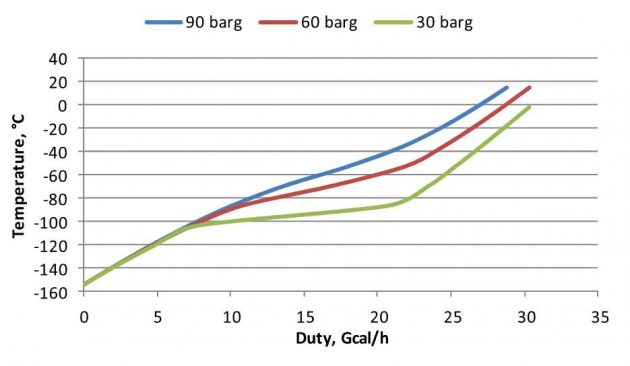LNG – Definition and Pronunciation
What is LNG?
LNG is an odourless, colourless, non-corrosive and non-toxic product of natural gas consisting primarily of methane (CH4) that is in liquid form at near atmospheric pressure.
Examples of LNG
While LNG is predominately methane (about 87 mole % to 99 mole %), its composition also includes other higher hydrocarbons, typically, the C2 to C4 and heavier, nitrogen and trace amounts of sulfur (less than 4 ppmv), and CO2 (50 ppmv).
From Fundamentals of Liquefied Natural Gas“LNG Fundamentals and Information about Natural Gas”.
The optimum choice of an LNG vaporization system is determined by the terminal’s site selection, the environmental conditions, regulatory limitations, and operability considerations.
From Process of Liquefied Natural Gas regasification“LNG Regasification Process and Available Methods”.

However, forecasts for future LNG trade are difficult to predict due to volatile regional LNG market conditions, competition from other sources of natural gas, emergence of new technologies, late development and start-up of some planned projects, and so on.
